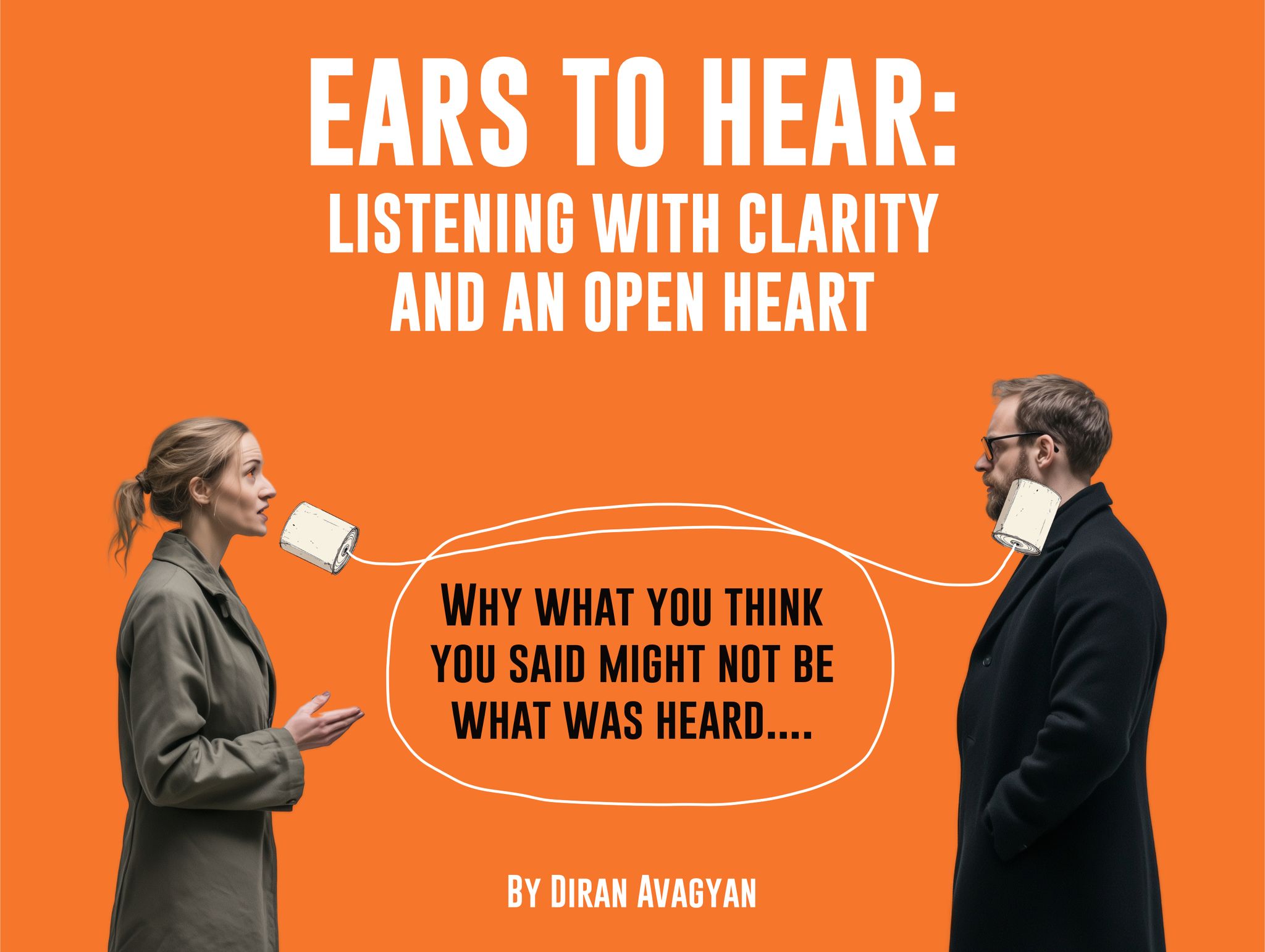The Diocese
Posted: 01/29/2025

More than once, I have expressed my admiration for Cari Jackson’s “The Gift to Listen, the Courage to Hear,” a book on moving from passive listening to truly hearing others, and establishing healthy communication. Jackson discusses the obstacles to hearing that often stand in the way of meaningful dialogue: implicit biases, discomfort, self-centeredness, traumas, triggers, distractions, and projection.
During my CPE (Clinical Pastoral Education) training, this concept resonated so deeply that I wanted to explore it further. Eventually, I took Harvard’s Implicit Association Test, which proved to be a profound eye-opener. Becoming self-aware of my own implicit biases was a painful - yet humbling and empowering - experience. It reshaped my perspective and communication style in ways I could never have imagined. I began to better understand the wisdom in Jesus' words: “Whoever has ears to hear, let them hear” (Mark 4:9). Most significantly, I also gained a deeper understanding of the Parable of the Sower and its implications for communication and self-awareness (Matthew 13:3-9).
The parable offers profound insights into how people receive and respond to messages. Jesus describes a farmer scattering seeds that fall on four types of soil. The outcome of the seed depends not only on the actions of the farmer but also on the condition of the soil. When good seed falls on bad soil, it cannot yield good crops. The seeds may be stomped on, carried away by the wind, or washed out by rain.
This imagery took on a new dimension for me after the recent Los Angeles wildfires. The much-needed rain we experienced last weekend became a hazard, causing mudslides and allowing contaminants to seep into the soil. The rain - something life-giving and nourishing - had the opposite effect when it fell on soil damaged by fire. Instead of nurturing growth, it created new dangers. Similarly, when the "soils" of our own hearts and minds are compromised by traumas, triggers, or implicit biases, even the most well-intentioned words - "seeds" - fail to take root. Instead, our unresolved issues distort the message, much like the rain washing away the soil, turning something meant for growth into a hazard.
The lesson is clear: we must cultivate awareness of our traumas, triggers, and implicit biases to become good listeners. Without it, we risk reacting in passive-aggressive ways, misunderstanding the intentions of others, and diminishing the impact they hope to have.
To be the "good soil" that yields a fruitful harvest, we must do the inner work of clearing away the debris in our lives, ensuring that we are truly ready to hear and respond with empathy and understanding.
Let us pray:
Hear our prayers, O Lord,
And grant us the courage to hear Your response,
Even when it differs from what we have asked or expected.
Give us wisdom to understand Your divine intentions
And the mysterious ways You impact our lives.
Hear our prayers, O Lord, and protect us!